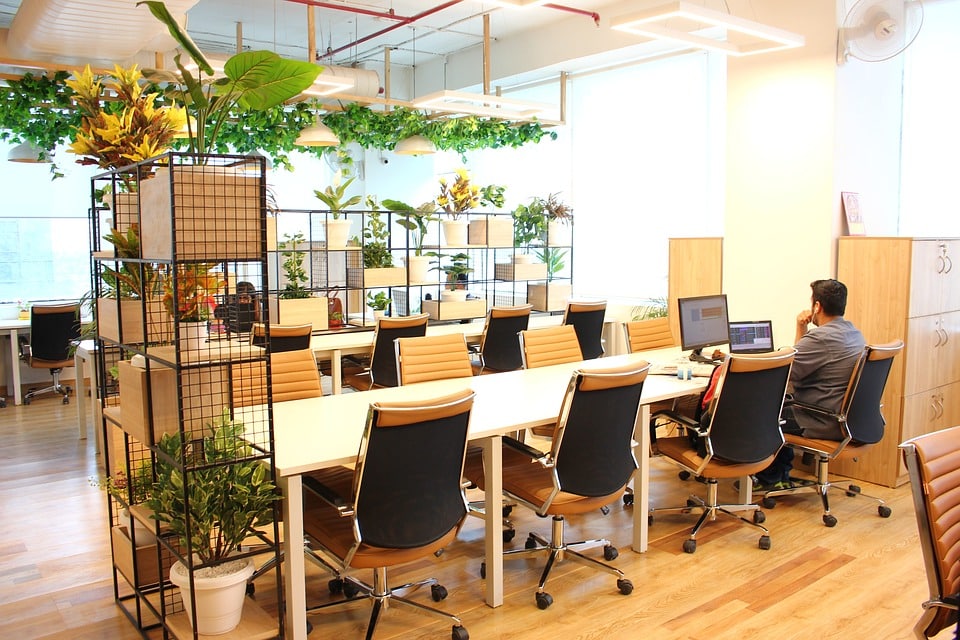As businesses adapt to changing work environments, traditional office spaces are no longer the only option available. With the rise of remote work and the ongoing COVID-19 pandemic, businesses are exploring alternatives to traditional office space. Evolving workspace needs have led to a growing number of new workspace options, which offer a range of costs and benefits.
Coworking Spaces
Coworking spaces have become increasingly popular in recent years, particularly among freelancers, startups, and small businesses. These spaces provide a shared workspace where individuals and companies can work alongside each other in a collaborative environment.
Coworking spaces offer a range of benefits, including flexible lease terms, and access to amenities such as high-speed internet and meeting rooms. Additionally, co-working spaces often provide opportunities for networking and collaboration, which can lead to new partnerships and business opportunities.

Virtual Offices
Virtual offices offer a flexible alternative to traditional office spaces. These spaces provide businesses with a professional address and phone number, as well as access to meeting rooms and other amenities on an as-needed basis.
Virtual offices are ideal for businesses that do not require a physical presence but still need a professional image. They are a cost-effective alternative to traditional office spaces for businesses that require limited time in the office.

Executive Suites
Executive suites provide a professional and fully-equipped workspace for businesses of all sizes. These spaces typically offer short-term leases, flexible pricing, and access to amenities such as high-speed internet and meeting rooms.
Executive suites are ideal for businesses that require a professional image but do not want to commit to a long-term lease. Additionally, these spaces can provide businesses with access to a range of amenities and services, which can help streamline operations and reduce overhead costs.

Shared Offices
Shared offices provide businesses with a cost-effective alternative to traditional office spaces. These spaces are typically larger than coworking spaces and provide businesses with their own private workspace.
Shared offices offer a range of benefits and flexible lease terms. Shared offices provide users with affordable pricing and access to amenities such as high-speed internet and meeting rooms. Additionally, these spaces can provide businesses with a professional image and access to a range of services and resources.

Hub And Spoke Offices
The hub and spoke office model combines a central office space with smaller satellite offices closer to employees’ homes. This model is gaining popularity as a cost-effective and flexible alternative to traditional office spaces. It allows businesses to reduce overhead costs by maintaining a smaller central office space, while providing employees with a more convenient workspace.
Additionally, the hub and spoke model helps businesses improve operations by centralizing resources and improving team communication. Overall, the hub and spoke model is a good option for businesses looking to reduce costs and provide a more flexible work arrangement for their employees.
Conclusion: Finding Alternatives To Traditional Office Space
As the business world evolves, traditional office spaces are no longer the only option available. Coworking spaces, virtual offices, executive suites, shared offices and the hub and spoke model provide businesses with various alternatives to meet their needs and budgets. Whether you are a startup looking for a cost-effective solution or a large corporation seeking to offer more flexible work arrangements, an office space alternative can meet your needs.

